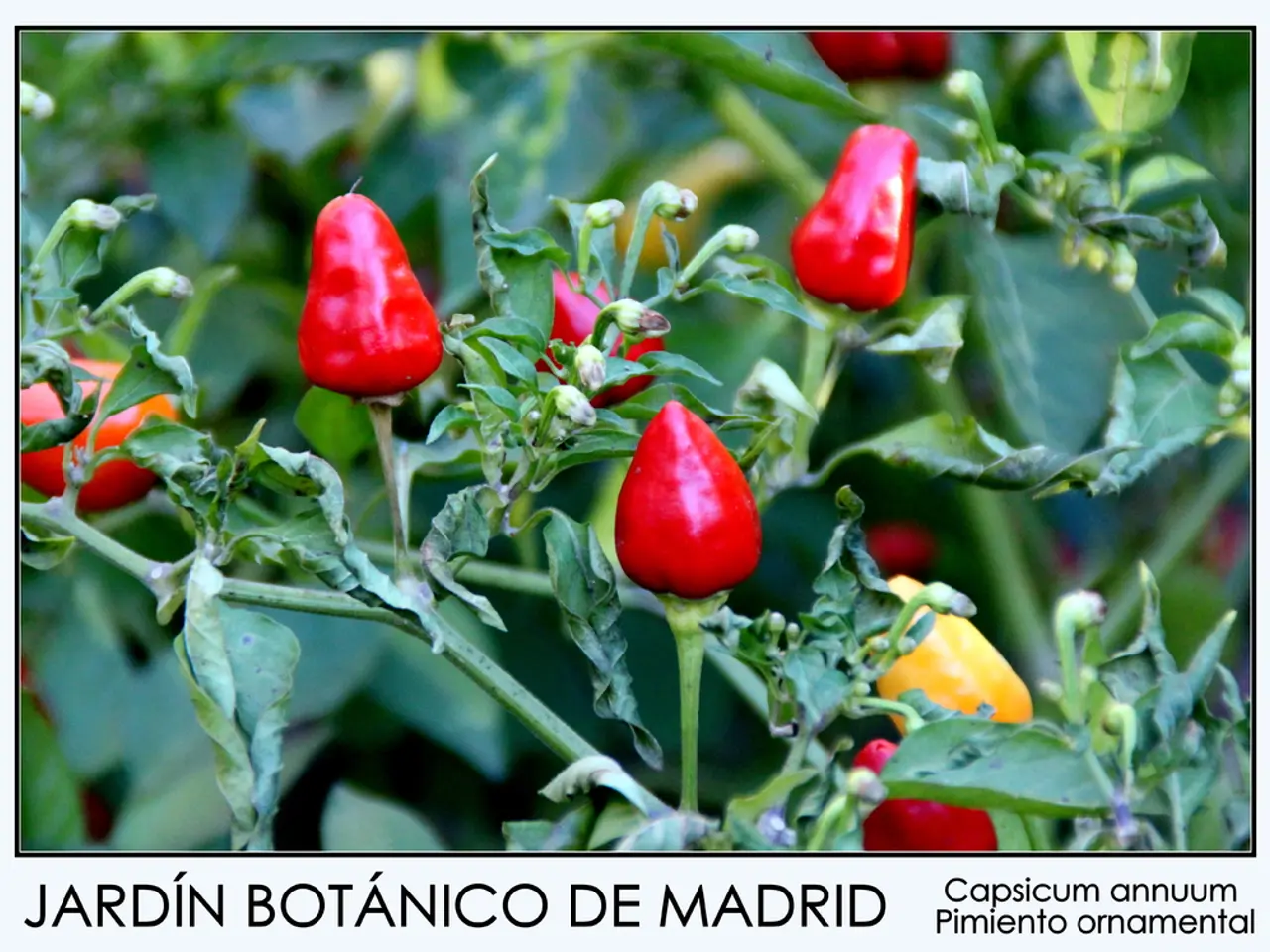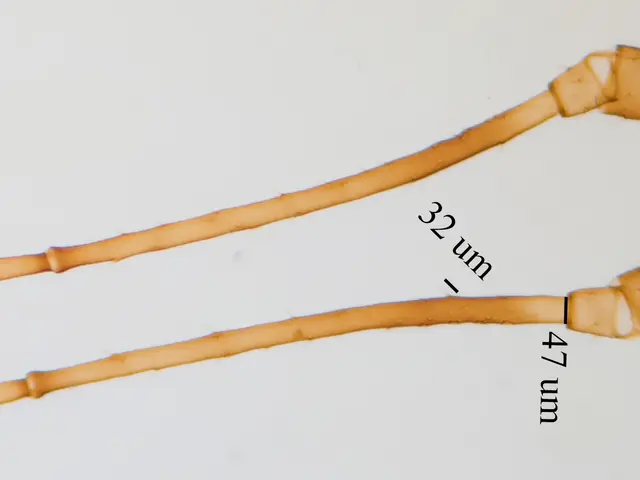Herbal Remedy Exploration: Discovering Benefits and Risks of Gotu Kola Use
In the realm of natural health supplements, Centella asiatica, commonly known as Gotu Kola, is garnering attention for its potential benefits and therapeutic effects. Native to tropical and subtropical parts of Asia, this herb has been used in traditional medicine for centuries, and modern research is beginning to validate its traditional uses.
### Health Benefits of Centella Asiatica
One of the most promising areas of research for Centella asiatica is its ability to aid in wound healing and skin health. The herb stimulates collagen production, leading to faster healing of small wounds and scratches. Studies have reported significant collagen increases, supporting skin repair and regeneration[1][5].
In addition, Gotu Kola is known for its cognitive-enhancing properties. It improves memory, concentration, and overall cognitive function, offering potential benefits in age-related cognitive decline and conditions like Alzheimer's disease[2].
The herb also acts as an adaptogen, helping regulate cortisol levels to calm the nervous system. It has demonstrated effectiveness in alleviating anxiety, chronic stress, and insomnia, promoting relaxation and better sleep[2].
### Side Effects and Cautions
While Centella asiatica is generally well-tolerated, consuming large amounts may cause headaches, dizziness, and gastrointestinal discomfort[2]. It is crucial to consult a doctor before using Gotu Kola, especially when aware of ongoing medications and treatments, as interactions with prescription or over-the-counter medications are possible.
### Market Trends and Scientific Characterization
The demand for Centella asiatica-based natural products is increasing globally, particularly in Asia Pacific, the U.S., and Europe, driven by a rising interest in plant-based supplements[1][5]. Modern research is focused on characterizing the herb’s bioactive compounds, which contribute to its therapeutic effects, although the comprehensive mechanisms are still being studied[3].
### Controversies and Limitations
Despite the promising findings, the effects of Gotu Kola in humans are uncertain due to most studies involving animals or artificial wounds. For instance, some studies claim that Gotu Kola can help treat varicose veins and venous insufficiency, but more up-to-date research is necessary to confirm these claims[4].
Similarly, while some research supports the use of Gotu Kola to help wounds and burns heal, more extensive clinical trials are required to validate these findings[5]. The Memorial Sloan Kettering Cancer Center calls for further testing before the effectiveness of Gotu Kola as a wound treatment can be confirmed[4].
Additionally, there is very little scientific evidence to suggest that Gotu Kola may help reduce anxiety[2]. A study found that Gotu Kola may improve alertness and reduce anger, but not substantiate other findings[2].
### Conclusion
Centella asiatica (Gotu Kola) is gaining acceptance in modern medicine primarily for its wound healing, cognitive enhancing, and adaptogenic properties, with a well-tolerated safety profile except for mild side effects at high doses[1][2][5]. Ongoing research into its bioactive compounds aims to validate and expand its medicinal applications further[3].
As with any supplement, it's essential to consult a healthcare professional before starting a new regimen, especially considering the potential for interactions with other medications. The future of Gotu Kola in modern medicine remains promising, with continued research shedding light on its therapeutic potential.
References: [1] Herbal Medicine: Biomolecular and Clinical Aspects. 2nd edition. 2011. [2] Herbal Medicine: Biomolecular and Clinical Aspects. 3rd edition. 2019. [3] Phytochemistry Reviews. 2016. [4] Memorial Sloan Kettering Cancer Center. 2021. [5] NCBI. 2020.
- Centella asiatica, also known as Gotu Kola, is gaining attention in the health-and-wellness industry for its benefits in wound healing and skin health, as well as its cognitive-enhancing properties and adaptogenic effects [1].
- Scientific research has reported significant collagen increases with Centella asiatica, supporting skin repair and regeneration, and the herb has been known to improve memory, concentration, and overall cognitive function, offering potential benefits in age-related cognitive decline and conditions like Alzheimer's disease [2].
- However, consuming large amounts of Centella asiatica may cause side effects such as headaches, dizziness, and gastrointestinal discomfort [2]. It's essential to consult a doctor before using Gotu Kola and consider potential interactions with medications and treatments.
- As the demand for Centella asiatica-based supplements continues to grow globally, ongoing research aims to deepen understanding of its bioactive compounds and uncover additional therapeutic applications in nutrition, therapies-and-treatments, and science [3].





